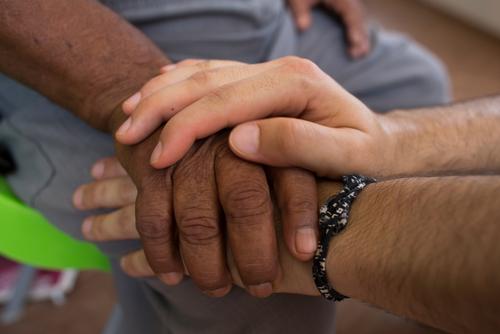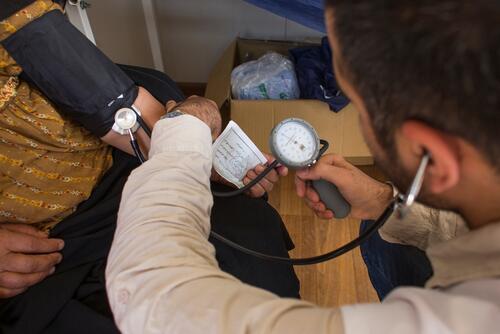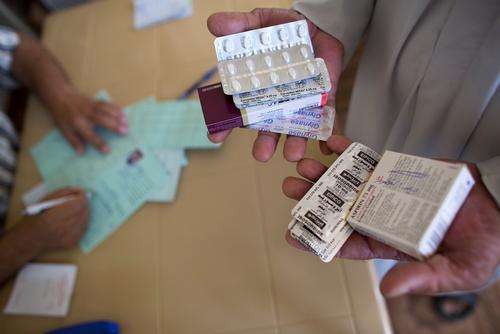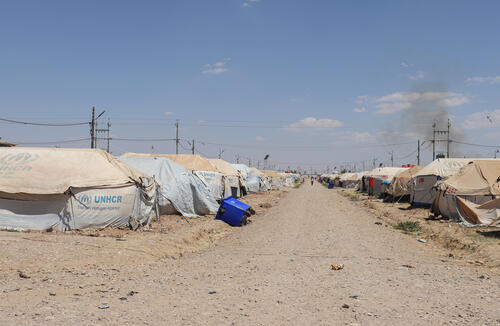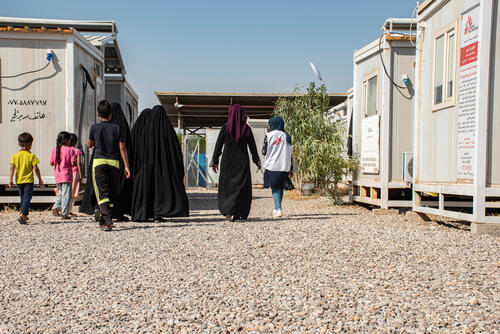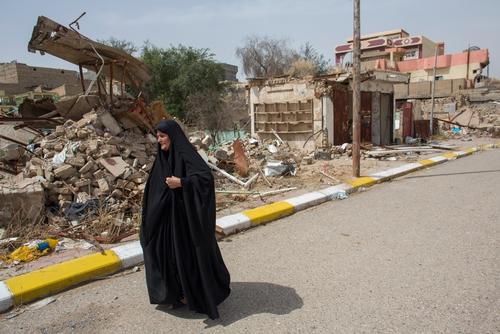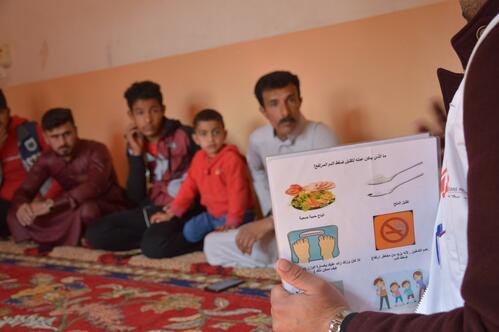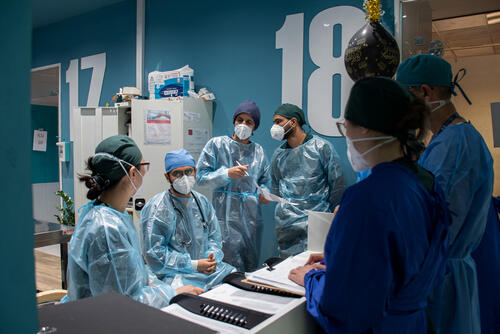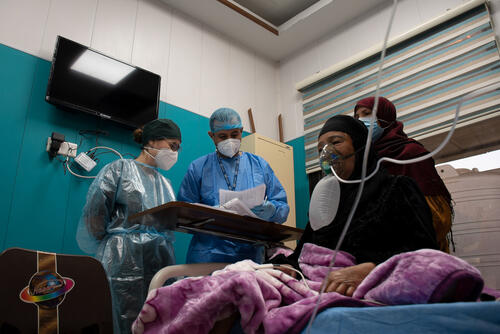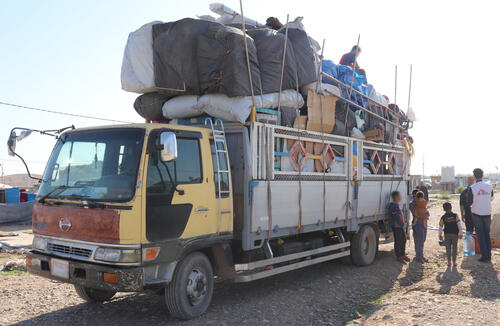Along with large areas of northern and central Iraq, in 2014 the Islamic State (IS) group took control of areas in Al-Muqdadiya, Jalawlaa and Saadiya districts in Diyala governorate. Although the IS group controlled these areas of Diyala for a relatively short period (June to November 2014), there were significant consequences for the people and infrastructure.
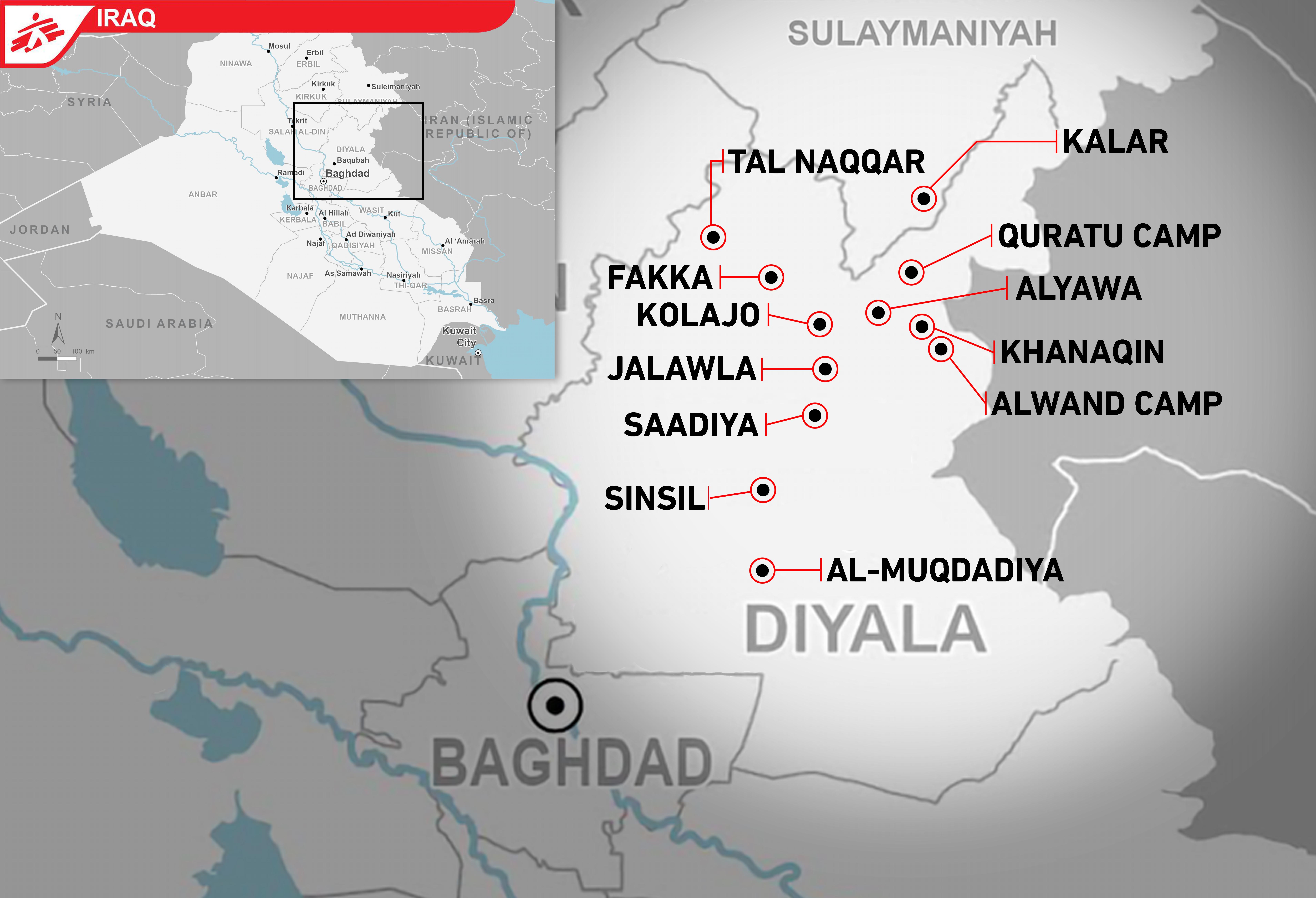
As the conflict between the Iraqi Security Forces and the IS group erupted, people living in the conflict zone had no choice but to flee to safety with whatever they could carry by hand or fit in their cars.
As a result of the conflict, families lost loved ones, their homes, while others lost their primary source of income – farms, orchards and cattle. According to the International Organization for Migration, by December 2014, more than 170,000 families were displaced from their homes in Diyala. Some resettled in safer areas of the same region, while others fled further.

From late 2014 until August 2020, Médecins Sans Frontières (MSF) provided much-needed healthcare services across Diyala governorate. The services included supporting the health infrastructure in districts like Kalar, Jalawlaa and Saadiya with the rehabilitation of destroyed health structures, running of mobile clinics to respond to the acute needs of displaced people and those returning, as well as donations of essential supplies to existing health facilities.
MSF also provided necessary healthcare services to displaced people living in camps and among host communities in the governorate. However, MSF continues providing healthcare services in our regular projects in Ninewa, Kirkuk and Baghdad. Additionally, we support health structures in other locations on Iraq when there is a need.
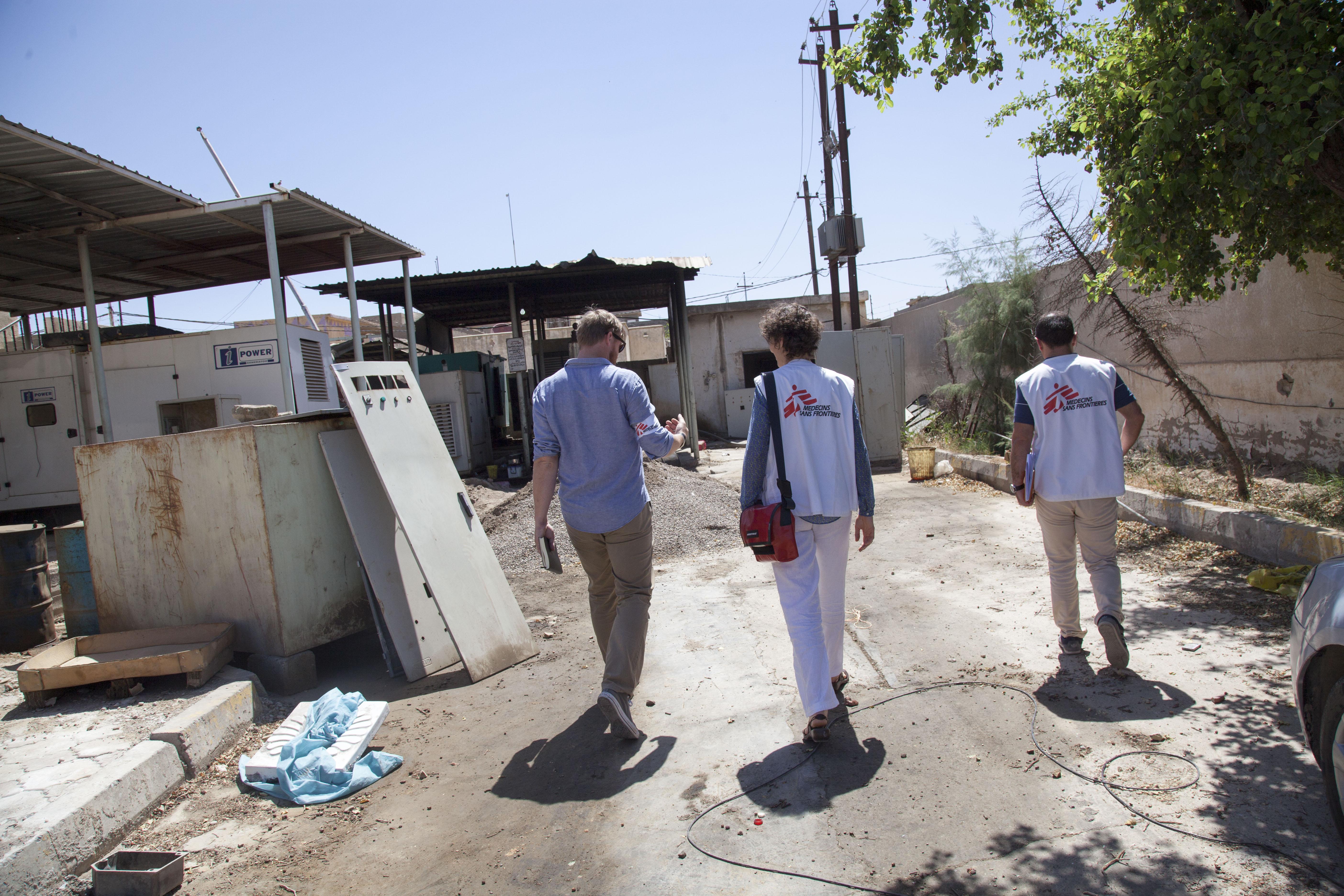
In August 2020, after consultation with the Diyala directorate of health, MSF handed over the clinics at Alwand 1 camp and Sinsil primary healthcare centre – our last projects in Diyala – to the directorate of health and other local and international organisations, who will continue providing healthcare services to the remaining displaced people in the camp and returnees in other areas.
MSF will now focus our resources on other sites in Iraq, where urgent medical care is needed.
MSF support in numbers
From late 2014 to August 2020, MSF provided care for 13,400 patients across Diyala governorate through:
70,000
70,
27,000
27,
25,000
25,
24,000
24,
MSF activities in Diyala
